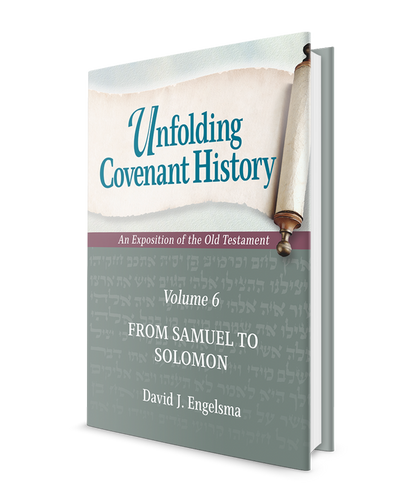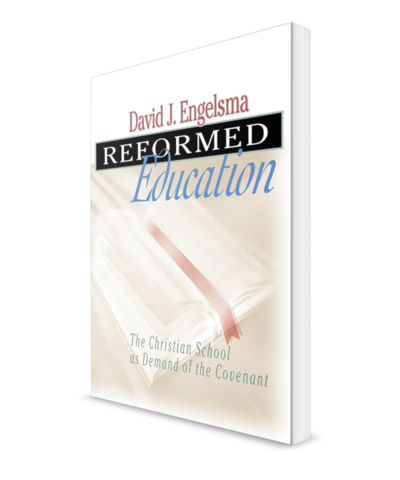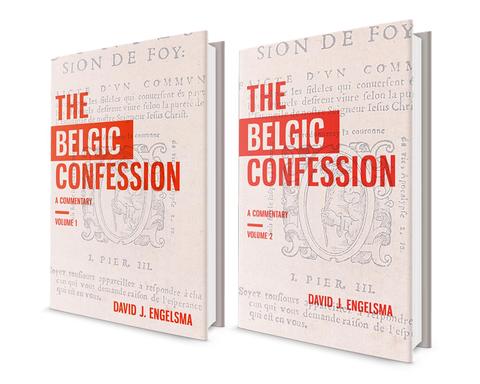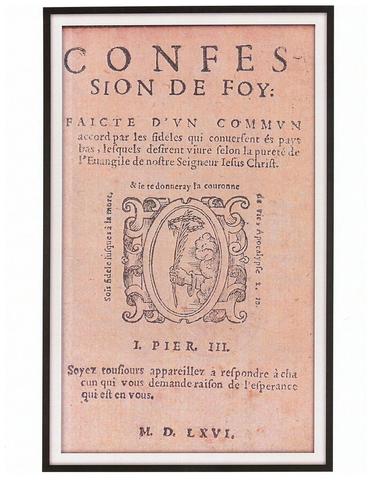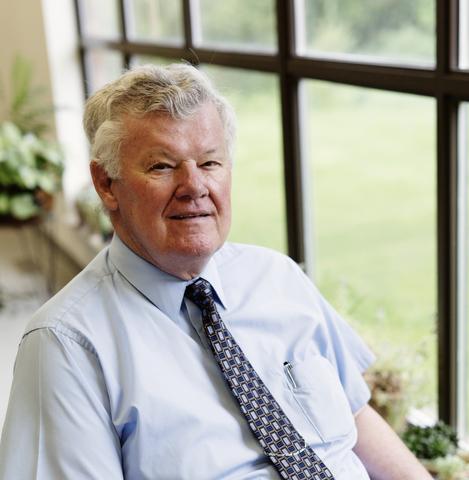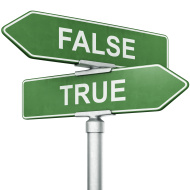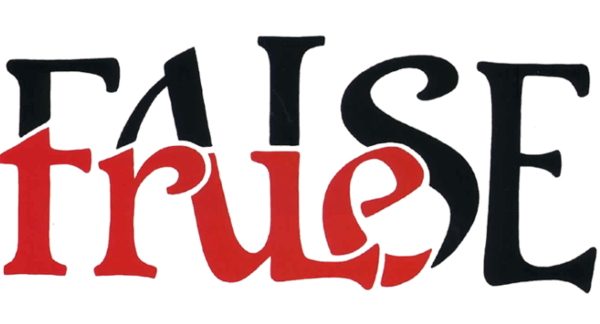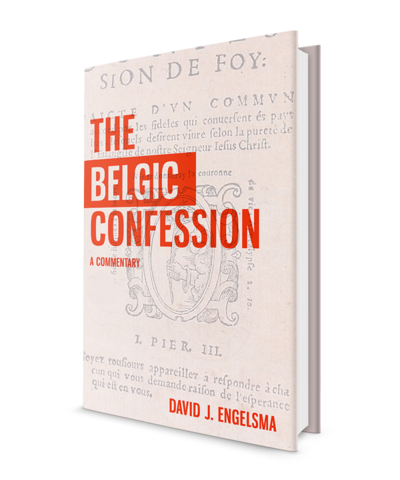A book on marriage for “laypersons and preachers alike”
By : Reformed Free Publishing Association
Marriage: The Mystery of Christ and the Church is a Reformed pastor’s instruction and exhortation to married couples, especially young married couples, with the purpose that they glorify God in their marriages and enjoy the bliss of this blessed communion of life.
Read MoreUnfolding Covenant History volume 6 coming soon! (Volumes 1–5 on sale!)
By : Reformed Free Publishing Association
es, you read that right! Volume 6: From Samuel to Solomon will be out in just a couple of short months. This means you have time to reread volumes 1–5 while you wait.
Don’t have the first five volumes? No problem!
We have a sweet deal for you!
Get the first five volumes for a better-than-book club price: $9.99 each until volume 6 arrives. That’s less than $50 for all five volumes!
Don’t wait, though. This offer is only good until volume 6 arrives in April.
Read MoreCyber Monday Deal #1 – Two Books by Prof. D. Engelsma on the Covenant
By : Reformed Free Publishing Association
A book for supporters of Christian schools
By : Reformed Free Publishing Association
As a new school year begins, it is good to meditate on the reason for Christian education. We make sacrifices to support Christian schools, but why? Reformed Education lays out the “why”—God’s covenant of grace with believers and their children. This book also reminds us what Christian instruction looks like: lessons based on scripture and the creeds, and a biblical perspective on culture in every subject. Other topics include the qualifications and calling of the Christian school teacher and the goal of...
Read MoreThe Belgic: "A Confession of the Gospel in all its riches"
By : Reformed Free Publishing Association
The Belgic Confession: A Commentary, Volumes I–II by David J. Engelsma. Jenison, MI: Reformed Free Publishing Association, 2018–19. 348 and 382 pages. Reviewed by Dr. H. David Schuringa, a reformed theologian living in West Michigan (as reviewed in the July 24, 2019 issue of Christian Renewal).
The publishing of Dr. David Engelsma’s two-volume commentary on the Belgic Confession is a welcome event due not only to its meaty content but also to meager current resources. The historic confession comprises a complete dogmatics in its own right as it follows the usual outline of the loci with the doctrines of the Word, God, Christ, the Holy Spirit, Ecclesiology and Eschatology.
Engelsma maintains, however, that though the confession is doctrinal and systematic, it is not a systematic theology as such but rather, “the confession of the gospel in all its riches as this gospel is known by every illumined mind and embraced by every regenerated heart” (II:366f.). That is certainly true in large measure, which in turn makes these two volumes Engelsma’s own dogmatics of sorts. What Berkhof did for Bavinck, he does for Hoeksema.
Read MoreBelgic Confession (volume 2) chapter preview: Article 25 on "The Abolishing of the Ceremonial Law"
By : Reformed Free Publishing Association
We give to you the full Chapter 19 on Article 25: "The Abolishing of the Ceremonial Law." Read More
Coming in 1 month!
By : Reformed Free Publishing Association
IN ONE MONTH volume two of The Belgic Confession commentary will be printed, completing the two-volume set written by Professor David J. Engelsma.
We provide you with an excerpt from Chapter 17: Justification as Experience.
Justification by faith alone, without works, not only excludes works from God’s justifying act, but also from the believer’s knowledge and certainty of righteousness with God. If this were not the case, “we should always be in doubt, tossed to and fro without any certainty, and our poor consciences would be continually vexed.”
Therefore, to teach that in the end the experience and assurance of righteousness with God are realized by the sinner’s good works, or are somehow dependent upon the good works of the sinner, is the denial of justification by faith alone. In that case, faith would need the help of the sinner’s works to give the blessing of justification. Union with Christ and his work would not be enough.
The Marks of the False Church (concluded)
By : Reformed Free Publishing Association
The identifying mark of the false church is that she lacks the marks of the true church, i.e., the pure doctrine of holy scripture, a pure administration of the sacraments; and the exercise of church discipline in the correcting of sin. Rich in the incidentals of size, ecclesiastical reputation, earthly influence, religious ritual and busyness, and pomp (which, alas, fascinate many professing Christians in every age); she is destitute of the essentials of the body of Jesus Christ in the world.
The Marks of the False Church
By : Reformed Free Publishing Association
". . .As for the false Church, she ascribes more power and authority to herself and her ordinances than to the Word of God, and will not submit herself to the yoke of Christ. Neither does she administer the sacraments as appointed by Christ in His Word, but adds to and takes from them, as she thinks proper; she relieth more upon men than upon Christ; and persecutes those, who live holily according to the Word of God, and rebuke her for her errors, covetousness, and idolatry. These two Churches are easily known and distinguished from each other."—Belgic Confession, Article 29
The "problem" of the article of our Confession of Faith quoted above is its absolute distinction between the true church and the false church. It does not speak of purer and less pure churches, of manifestations of Jesus' body that vary in degree of faithfulness and doctrinal purity; but of "two Churches," the true and the false.
Read MoreComing in 2 months!
By : Reformed Free Publishing Association
IN TWO MONTHS volume two of The Belgic Confession commentary will be printed, completing the two-volume set written by Professor David J. Engelsma.
An orthodox commentary on the confession, that is, one that is in wholehearted accord with the teachings of the confession, and resolutely faithful to them, will be profitable to Reformed Christians and churches in the twenty-first century, not only for invaluable instruction in the Reformed faith, but also for the maintenance and defense of Reformed orthodoxy.
Founded on holy scripture, the Belgic Confession determines sound doctrine for Reformed churches and believers. This doctrine is rich, lovely, and powerful. The confession also authoritatively exposes contemporary heresies. As they read this commentary which proclaims the doctrine and authority of the confession, all believers who love the Reformed faith will be faithfully guided in the truth of the “old paths.”
Read MoreThe Church in the New Year: Called to Work
By : Reformed Free Publishing Association
Note: Though this editorial was written twenty-five years ago, it is still an applicable word for the church in the year of our Lord, 2019. The year 1994 has been changed to read 2019 in this article.
________
What 2019 will mean for the true church in North America is not our concern. We may not speculate. This belongs to the secret things of the counsel of God that are exclusively for him. It is comfort to the Reformed church, as it is to the believer personally, that the new year will be the unfolding of the eternal plan of the sovereign God in the exalted Lord Jesus Christ.
Our concern is the revealed will of God for the church. His will is that the church work. The reason for the continuation of history in this new year is the church. God has a church that must be gathered and saved. Since the Son of God gathers, defends, and preserves this church "by his Spirit and word" (Heidelberg Catechism, Q. 54) and since he does this through the instrumentality of the true church, the true church has a calling to work.
It is the true church that has a sacred, solemn mandate from the Lord.
The true church is the instituted congregation that is sound in doctrine, pure in the administration of the sacraments, and faithful in the exercise of discipline (Belgic Confession, Art. 29).
There is also a false church, characterized by rejection of the authority of Holy Scripture and corruption of the gospel of grace. She too has a work. Her work is to hate and oppose the true church. She has her mandate from the devil.
The departing church has one calling from the Lord, and one only: Repent! It belongs to the work of the true church that she bring this calling from the Lord to the church that is in the process of falling away from the truth.
The Belgic Confession (Volume 2)
By : Reformed Free Publishing Association
With the upcoming release of volume two of The Belgic Confession commentary in April 2019, D.V., there will be completed the only full-scale, English-language commentary on the Belgic Confession in print today. This book is not a summary of the Confession, nor a compilation of sermons loosely based on the Confession, but a commentary. It explains the Confession, article by article, doctrine by doctrine. Volume two of this commentary begins with the Confession’s opening article on the doctrine...
Read MoreThe Grammatical Gymnastics of an Advocate for Divorce and Remarriage
By : Reformed Free Publishing Association
Recently I have come across some novel arguments to justify remarriage after divorce while the original spouse is still living. I will not name the advocate of remarriage on the blog: suffice to say that on social media he began commenting on a video link to Prof. David Engelsma’s lecture at the British Reformed Fellowship Conference (2018), “Unbiblical Divorce and Adulterous Remarriage: A Scandal.” He labeled it “proscribed heresy” and called those who agreed with the lecture “hypocritical legalists” who “damage the church and mock the grace of Christ,” adding that we were “perfect illustrations of the haughty Pharisees,” and called us to repent. Then he called our position “false, anti-Reformed, and unbiblical,” as well as “schismatic and destructive of true Christian compassion.” He argued (correctly) that neither Luther nor Calvin agreed with our position, which Prof. Engelsma fully admits in his book Marriage: The Mystery of Christ and the Church. While we admire the Reformers, they were (sadly) not strong on the subject of divorce and remarriage. This is reflected in the otherwise excellent Westminster Confession of Faith.
Because I did not want my answer to be buried in a long Facebook thread where the advocate for remarriage made his novel arguments, I decided to make it public here. I hope it will serve as a witness to the truth of the unbreakable marriage bond. Some of the arguments from Greek grammar are quite involved, so I ask for the reader’s indulgence.
In addition, I am not interested in attacking personalities or churches. I am merely interested in the arguments, especially exegetical arguments, for God’s word is the final arbiter on this and all matters.
I should point out right at the beginning, however, that knowledge of Greek grammar is not necessary for the child of God. The King James Version of the Bible is an accurate translation of the original Greek and Hebrew, and no theologian or pastor should give the impression that the Bible cannot be comprehended without recourse to the original languages: we believe in the perspicuity of holy scripture, that is, we believe that the Bible is clear, so clear that, if a child of God has a good translation, he can understand the scriptures; yet the Bible is so profound and rich that the greatest theologian cannot plumb its depths. Moreover, we believe in the office of believer according to which every child of God has the blessed privilege of knowing and understanding God’s word without the need of “experts” or a “priestly class” in the church.
In addition, the main issue is clear. Marriage is a lifelong, unbreakable bond between one man and one woman, in which the two become one, enjoying intimate fellowship with one another, which fellowship, both in the Old Testament and New Testament reflects the relationship between Christ and the church. In scripture God hates divorce (Mal. 2:16); and even when he gives his adulterous, unfaithful wife a “bill of divorce” (Jer. 3:8), he still declares himself married to his people (v. 14), and he never takes another people (i.e., the Lord never remarries).
Read MoreRFPA Update newsletter - Summer 2018
By : Reformed Free Publishing Association
IN THIS ISSUE: Getting books into eager hands Color House Graphics Tour Upcoming children's books A book contest Author videos New publications Reader feedback RFPA Annual Meeting Reader feedback on T is for Tree FULL ISSUE
Read More


